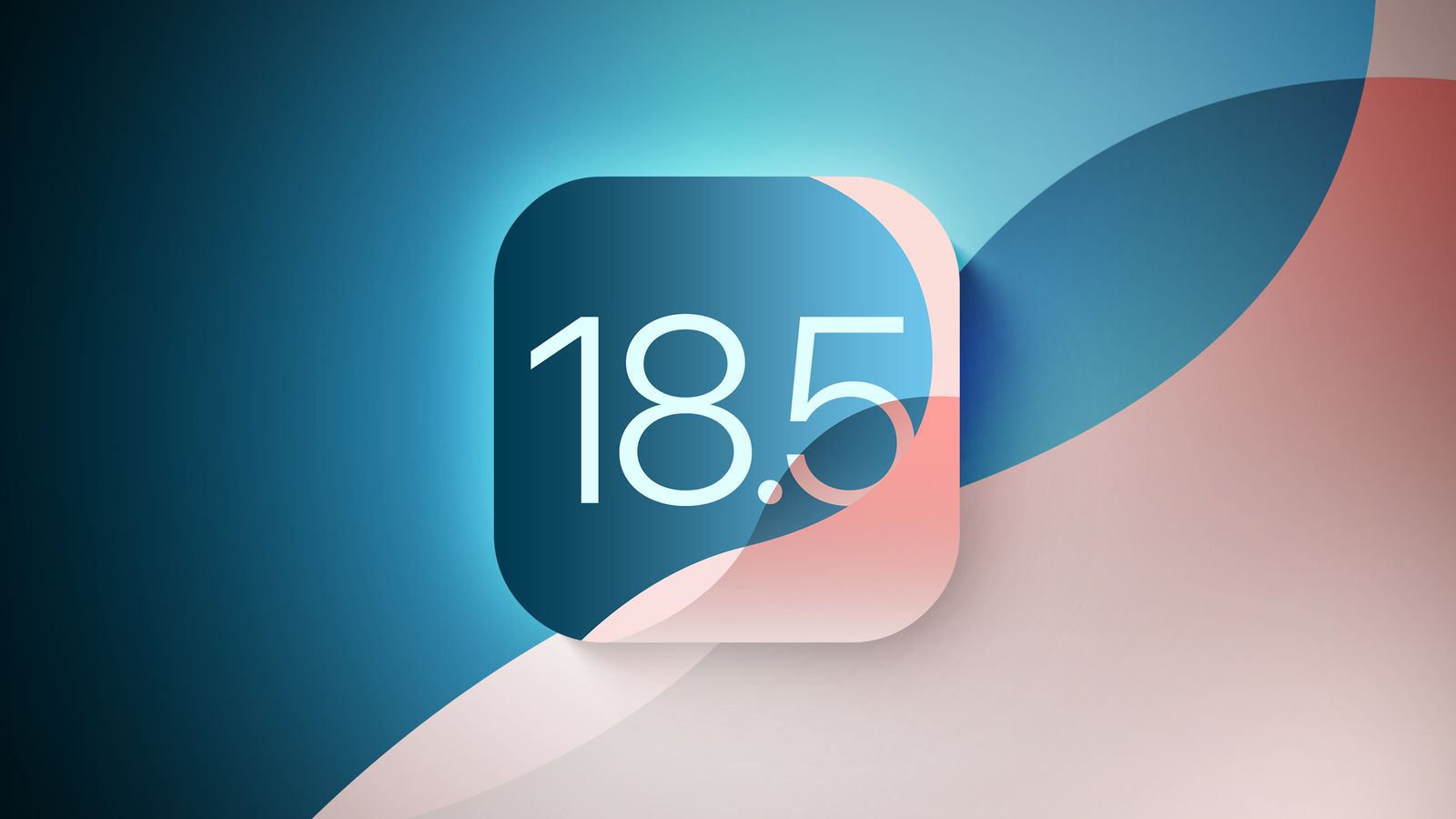Google Drive and the Docs suite it incorporates have grown a lot more powerful over the last couple of years.
Desktop syncing, Gmail integration, mobile and offline editing, handwriting recognition, extra storage and a variety of interface tweaks have all come down the pipe to leave Drive looking like a very mature and capable platform indeed.
It still falls short of the raw power of a typical desktop office suite, yet with growing broadband speeds and ever-improving mobile apps it’s becoming a part of the workflow for more and more people.
Whether you’ve only dabbled in Docs and Drive in the past, or you’re a long-standing veteran, we’ve collected 20 of our favourite tips to help you improve your productivity.
1. File types

Let’s start with the main Google Drive interface. Click on the downward arrow inside the search box at the top of the screen and you can filter the files shown based on their format, their ownership permissions or their visibility on the Web.
2. Change the view

There are a couple of useful links on the left of the Google Drive interface that can change the view of the files you’re looking at: use Recent to see the most recently opened files at the top of the pile, and Activity to see files that have recently been changed by you or someone else with access permissions.
3. Multiple previews

Do you want to be able to preview multiple files at once, without opening them up? Of course you do. Place ticks next to all the files you want to see in the main Google Drive interface, then press the preview button (an eye symbol). Use the cursor keys or the arrows at the sides to navigate through your files.
4. Drive on the desktop

Google Drive’s desktop application lets you use the platform as an online backup service for your local files. You can choose specific folders to sync on each machine. Native Google Docs files are shown as web links on your hard drive.
5. Built-in OCR

Google Drive can use Optical Character Recognition (OCR) to parse text in PDF files and images and convert it into a standard Google Docs document. You can choose this option from the upload settings. The original image or PDF is embedded at the top of the document.
6. Paint formats

The Paint format button is to the left of the toolbar in all of the main Docs applications, and you can use it to copy the format of one block of text to another. If you’re creating a heading style, for example, you can quickly apply it to the other headings in your document.
7. Set default text

In the Docs word processor, open up the stylesheets drop-down menu from the toolbar, then select Normal text > Update ‘Normal text’ to match. This sets the current text style as normal. Choose Options > Save as my default styles to use this new stylesheet on every new document.
8. Link searches

If you highlight a block of text and then click the link button on the Docs toolbar, you’ll see a list of suggested URLs based on the text you’ve selected. Matches for the selected word or phrase in your Google Drive file list are also shown, if you want to link between different documents.
9. Research

If you’re always switching to and from Google to look up information, you can make use of the Research pane (accessible from the Tools menu in Docs and Slides). Type a search term to see results from the web as well as your Google Drive and Gmail accounts.
10. Image drag

You can drag and drop images right into your documents, whether from your local hard drive or a website.
11. Translate documents

Leverage the power of Google Translate and get your documents swiftly translated from the option on the Tools menu. 46 different languages were available the last time we checked.
12. Email notifications

In the Sheets spreadsheet app you can get customised notifications when something is changed on a spreadsheet. Choose Tools > Notification rules to set up your alerts as required.
13. Theme master slides

The themes in Slides help you get your presentation up and running quickly, and in October Google added the option to edit the master slide (and thus the current theme). Open the Slide menu and choose the ‘Edit master’ option to make changes.
14. Layout tables

The Docs word processor doesn’t have the most advanced design tools, but you can use tables for slightly more unusual layouts. Use the Table menu to create the grid and then change its borders to 0pt width so that they’re invisible.
15. Conditional formatting

The capabilities and scope of Google’s online office suite continues to grow. Via the Format menu in Sheets you can apply specific text and background colours if the cells in a certain range match particular criteria (such as their numerical value).
16. Word Art

The Slides presentation program includes a basic Word Art tool that you can access from the Insert menu. You can change text colour, border colour and border thickness from the toolbar, and Word Art shapes can be useful if you need more flexibility than a standard text box can give you.
17. Scan documents

If you have the official Google Drive app for Android, you can select the Scan option to use your phone or tablet as a scanner. Snap a physical document with your device’s camera and the app converts it to a PDF saved in Google Drive.
18. Find new apps

Many of the apps available in the Chrome Web Store tie right in with Google Drive and add extra capabilities to the service. From the main files list open the settings drop-down menu and choose Manage apps to look at apps you’ve already connected. Follow the link to browse for new programs, which cover everything from photo editing to online document signing.
19. Start publishing

You can embed a presentation or any other type of file on the web to make it easier for other people to find. Choose Publish to the Web from the File menu to see the available options.
20. Go offline

If you’re going to be away from a reliable Internet connection for a while, you can still work on your files by utilising Google Drive’s offline capabilities. You need to set this up in advance so the necessary caching can be carried out, and you need to be using the Chrome browser: choose the Offline link from the file list to enable the feature. If you haven’t already installed the Drive Chrome app, you’ll be prompted to do so. If you’re running Chrome OS, the feature is enabled automatically.
Source – TechRadar










